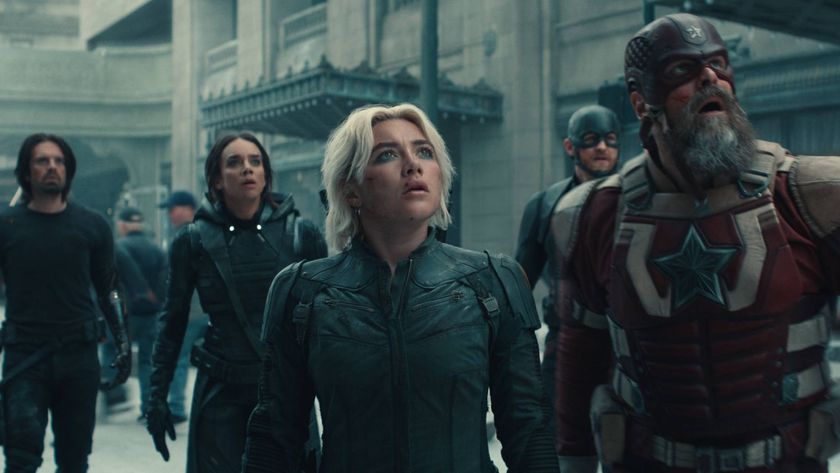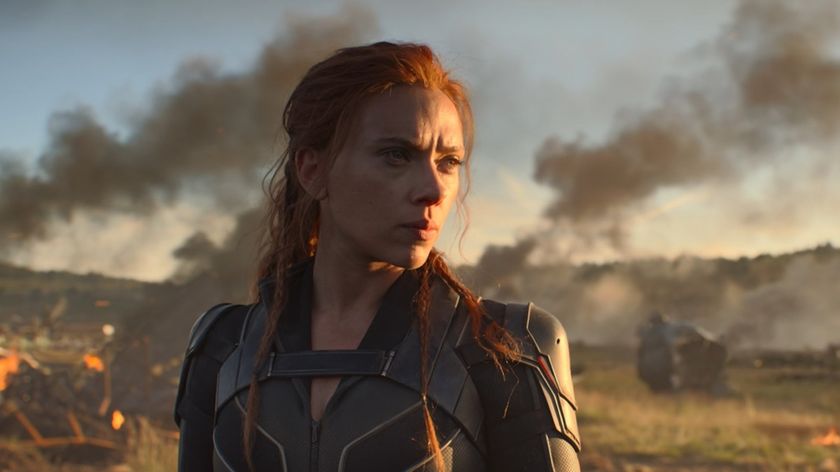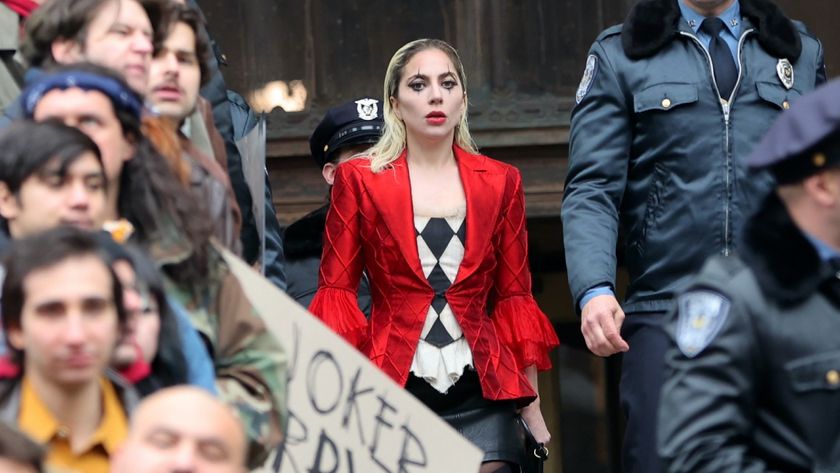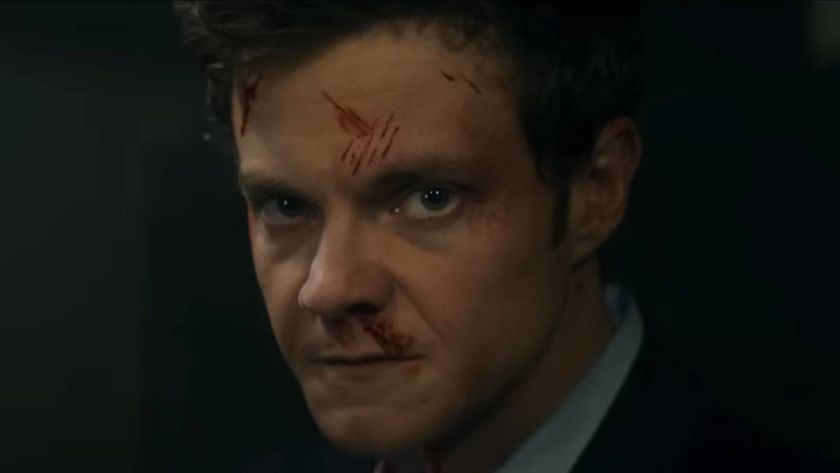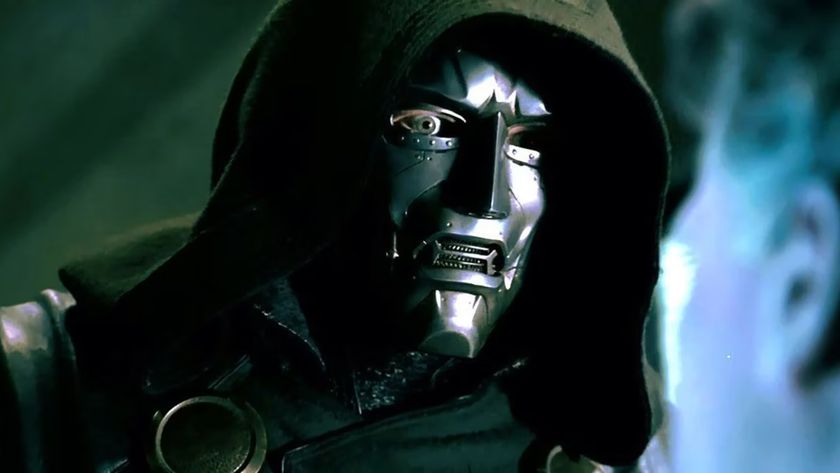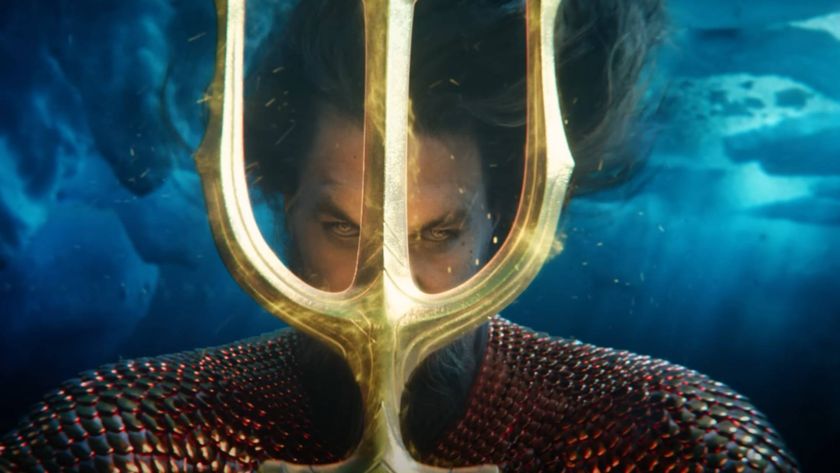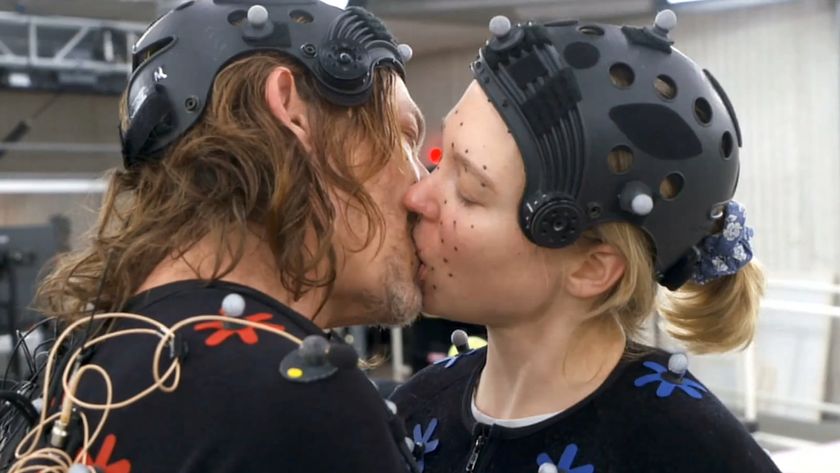The Evolution Of Clint Eastwood
The making of an American legend
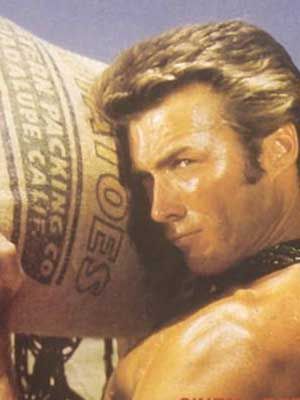
Rawhide (1959-1965)
Clint Eastwood first came to public attention with his role in long-running TV western Rawhide . The show focused on a bunch of cattle drivers, transporting their herd from Texas to Missouri.
Clint was a Universal contract kid before he landed the Rawhide gig. He was often criticised for his grizzled, taciturn acting style, which became an iconic trademark, and the theme tune could get stuck in your head for days.
American Legend? This was the moment the world became aware of Clint's unique screen presence.
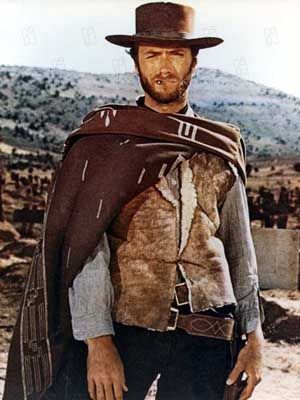
Sergio Leone's Dollars trilogy (1964-1966)
After becoming something of a household name on Rawhide , Eastwood's recurring role as 'the man with no name' (he actually had a different name in each movie) in Sergio Leone's loose trilogy made him an enduring cinematic icon.
A highlight of Eastwood and Leone's careers, and a high point for movie westerns in general. How Eastwood managed to make ponchos look cool is still a mystery, but that cigarette gripped between his teeth, and the no-nonsense gunplay, certainly helped...
American Legend? These Italian movies are the definitive screen version of the Old American West.
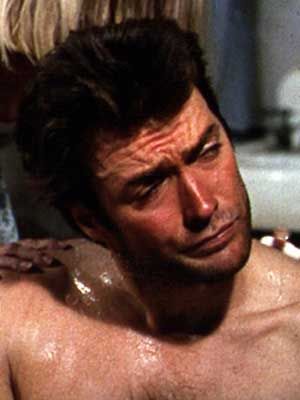
Coogan's Bluff (1968)
Proving here that he can be a tough-as-hell cowboy in a contemporary setting, Eastwood plays an Arizona deputy who heads to New York to bring in a murderous fugitive.
Sure, the cowboy hat and boots add to the effect, but as Eastwood's out-of-towner dispenses his own unique brand of justice in NYC, he could be on the dusty plains of the frontier. His towering frame is put to good use in the movie's many dust-ups.
American Legend? In any era...
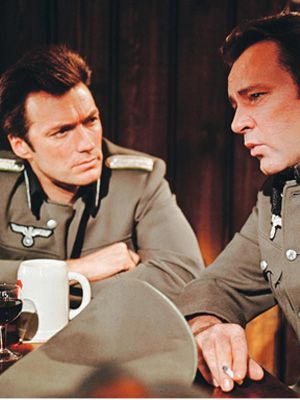
Where Eagles Dare (1968)
Clint slipped into an Allied uniform and held his own against Richard Burton in this WWII thriller.
The pair play a couple of US army folk who head up a mission to rescue an American general who's being held captive in a castle in the Alps.
Adventure is the order of the day, as the mission entails action set-pieces galore and twists aplenty.
American Legend? He's a gung-ho war hero here.
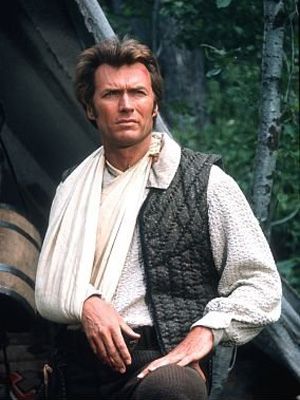
Paint Your Wagon (1969)
When veteran screen tough guy Lee Marvin teamed up with Eastwood for a movie set during the California gold rush, you'd be forgiven for expecting a brutal western.
Instead, this is a film version of a 50s stage musical. Eastwood plays 'Pardner', a farmer trying to get rich quick, and Marvin is Ben, a drunken, amoral prospector.
Sadly this slapstick affair isn't as entertaining as The Simpsons ' gag it inspired.
American Legend? Erm, he's not exactly on song here.
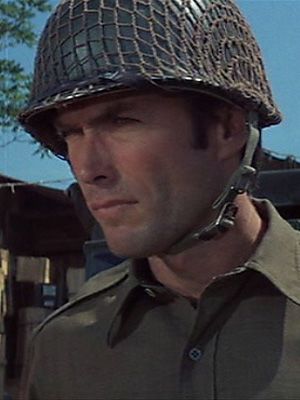
Kelly's Heroes (1970)
Clint dons the military garb again, in another war movie that eschews the real-life tragedy of conflict in favour of entertainment. As Private Kelly, Eastwood leads his ragtag platoon behind enemy lines in an attempt to steal a huge pile of gold.
The team includes a disturbingly young Donald Sutherland, and comedian (and voice of Mr Potato Head) Don Rickles, and the macho rapport keeps things chugging along nicely.
American Legend? He's living the American dream.
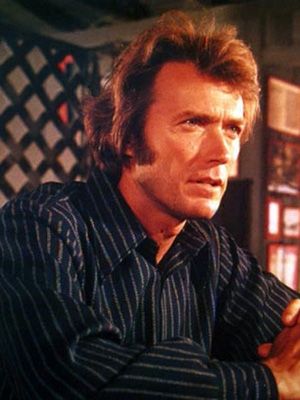
Play Misty for Me (1971)
Misty was actually Eastwood's feature debut as a director, and it was also new ground for him as an actor. Sporting an impressively voluminous quiff, Eastwood plays late-night DJ Dave Garver.
He's stalked by an obsessive fan after a one-night stand, and before long his life's in danger. It was an interesting move for Hollywood tough guy Eastwood to be threatened by a female adversary, but it paid off.
American Legend? Despite the change of pace, Eastwood demonstrates an assured hand as a director.
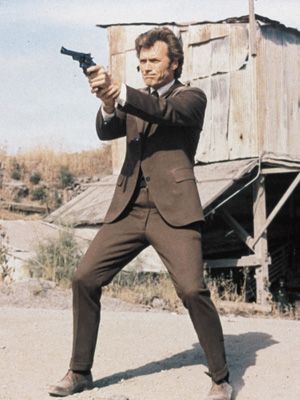
Dirty Harry (1971)
Another of Eastwood's most iconic characters makes his first appearance here, in undoubtedly the best of the movie series. The no-nonsense cop attracted his fair share of controversy for the way he straddled the fine line between lawman and villain.
Zodiac may have offered a more realistic filmic portrayal of the infamous San Francisco killings, but Dirty Harry remains a furious, full-throttle thriller, that still feels pacy and relevant now.
American Legend? For better or worse, yes.
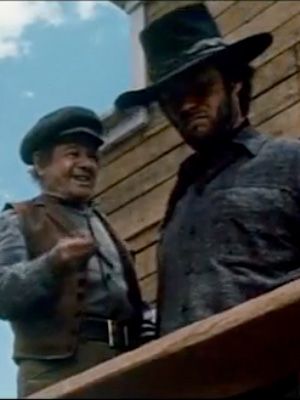
High Plains Drifter (1973)
For his return to an enigmatic Western role, Eastwood had another shot at directing, turning in something far grittier and grimier than the prestige pics we're used to him making now.
The Stranger is a cross between Dirty Harry and 'the man with no name'. He offers a small mining town his protection against a gang, and in return he takes whatever he wants from them, including their women.
American Legend? Yeah, but not the one we know today. This is Clint at his most challengingly brutal.
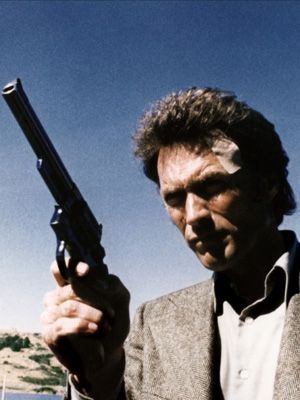
Magnum Force (1973)
Following the huge success of the first movie, it's no surprise that Harry Callahan returned for more.
This time he was on the hunt for a bunch of rogue motorcycle cops who are riding around, gunning down rogue criminals.
Their activities make Harry seem like a genuine good guy here, but despite a hard-as-hell performance from Eastwood, this fails to match the original for thrills and moral ambiguity.
American Legend? The character is bigger than the movie.
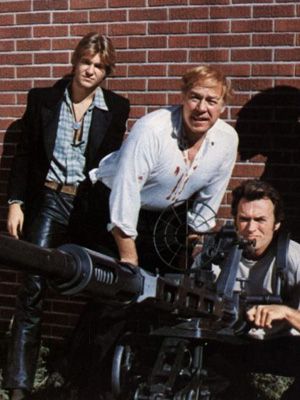
Thunderbolt and Lightfoot (1974)
At this stage in his career, Eastwood was already staring to look like a grizzled veteran, especially in contrast to his fresh-faced sidekick Jeff Bridges.
Thunderbolt (Eastwood) and Lightfoot (Bridges) reluctantly team up in the pursuit of the mother lode of loot, left over from from one of Thunderbolt's previous jobs.
Michael The Deer Hunter Cimino directed this zippy crime thriller, that capitalises on the screen-wattage of its star duo.
American Legend? He's helping to raise a new generation here.
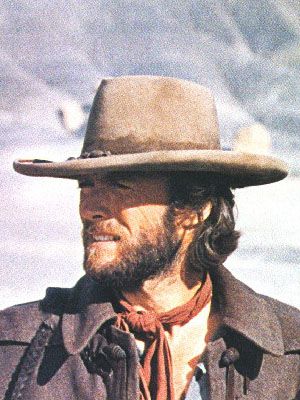
The Outlaw Josey Wales (1976)
Eastwood may have tackled memorable characters within a variety of genres, but he never went too long without returning to the western: perhaps the reason why he's never quite shaken off the image.
Here he was directing himself again, as the eponymous hero. During the American Civil War, Wales' family get gunned down, and the formerly-quiet farmer joins a group of guerillas on the road to exacting his vengeance.
American Legend? This revisionist take on the old west has endured as a much-appreciated piece of history-inspired storytelling.
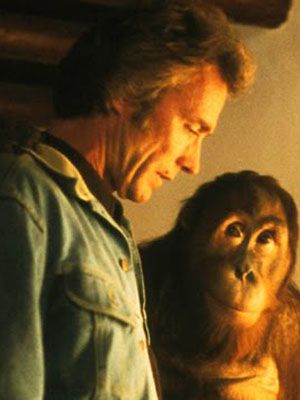
Every Which Way But Loose (1978)
Clint's tough-guy persona took a real drubbing in this comedy series. He plays a bare-knuckle fighter, drifting across America, getting on the wrong side of gangs and lawmen. So far, so Clint.
The main difference here is that he teams up with (an admittedly endearing) orangutan called Clyde, for this family-friendly affair. Critics panned it, but audiences lapped it up, and a sequel, Any Which Way You Can , followed two years later.
American Legend? Erm, he was still popular with the public.
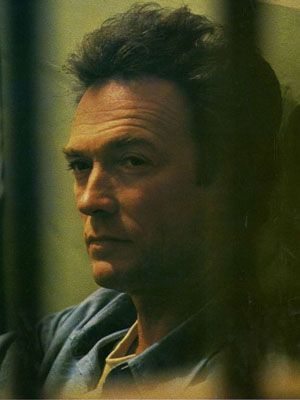
Escape from Alcatraz (1979)
Eastwood re-teamed with Dirty Harry director and frequent collaborator Don Siegel for this inspired-by-true-events story.
He plays Frank Morris, the real-life figure who was never seen again after apparently escaping from the renowned maximum security prison with John and Clarence Anglin.
Eastwood and Siegel's friendship suffered during the troubled production, but the film was extremely well-received.
American Legend? He's one of the few people you could believe escaped from the legendary institution.
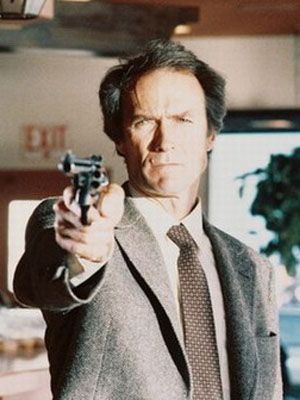
Sudden Impact (1983)
Eastwood directed himself in this fourth installment of the Dirty Harry franchise, though by this point, the series was creaking under the strain.
If you've stuck with the movies this long, you'll know what to expect from this one, which does at least give Eastwood the chance to drawl his celebrated line: "Go ahead, make my day."
American Legend? The films were still being sold on Clint's reputation.
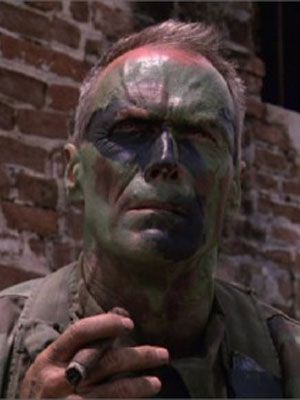
Heartbreak Ridge (1986)
Clint sports a mean buzz-cut and an even more severe attitude as a marine who rejoins his former unit in an attempt to whip the newcomers into shape.
The actor was starting to show his age a little here, but he lacked none of his trademark gravitas and also had the energy to direct as well as star.
In fact, it's Eastwood's gravelly delivery as the harsh platoon leader that really makes the movie.
American Legend? With age, he seemed to command even more respect.
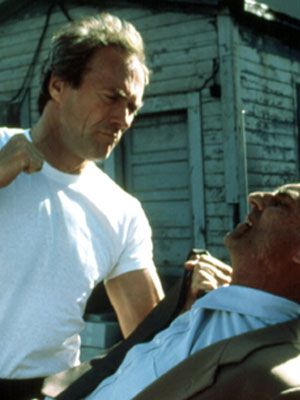
The Dead Pool (1988)
This final installment in the Dirty Harry franchise remains most notable for its supporting cast, as it features Patricia Clarkson, Liam Neeson and Jim Carrey, and a cameo appearance by Guns N' Roses.
This time around, Harry Callahan's celebrity has finally caught up with him, as he's a name on the titular hit list of famous people who are set to be taken out. Thankfully, the character was retired after this final mission.
American Legend? Despite a string of iffy sequels, the film has maintained a strong pop-culture presence.
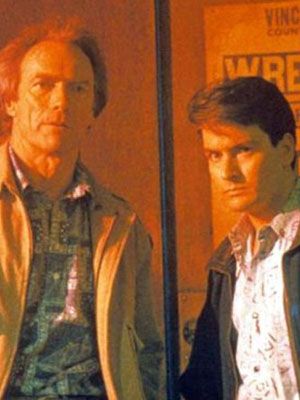
The Rookie (1990)
Eastwood was in the director's chair for this buddy cop movie. Despite leaving the character of Dirty Harry behind a couple of years previously, he's still clearly visible in Eastwood's no-nonsense veteran.
Charlie Sheen is the reluctant newbie, who learns to become an action hero under Eastwood's tenure. Some bombastic stunts are thrown in, but overall this seems like a waste of Clint's talents.
American Legend? The crown looked like it could have been slipping here...
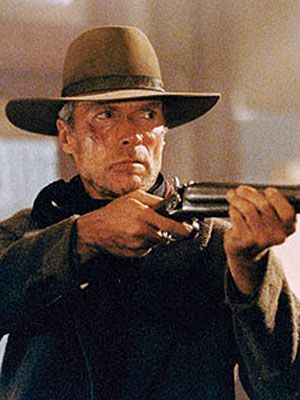
Unforgiven (1992)
This heralded a new age of Clint, as an actor and director, and this revisionist western was awarded four Oscars, including Best Picture and Best Director.
Embracing his age, and returning to the genre that made him a star, Eastwood looks at the grubbier side of the Old West. As a retired gunslinger who saddles up for one last job, Eastwood still cuts an impressive figure, as well as announcing himself as a filmmaker to be reckoned with.
American Legend? He's entering a new era of legendariness here...
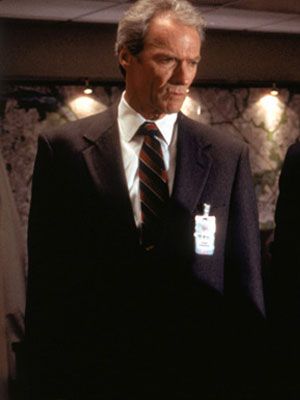
In the Line of Fire (1993)
Eastwood continued to embrace his age (kind of) in this Wolfgang Petersen thriller. He might have a few questionable action set-pieces, but as Secret Service agent Frank Horrigan, Eastwood lacks the steely confidence of Dirty Harry.
Horrigan was on duty the day that J.F.K. was assassinated, and he's haunted by the memory of the failure of his duties. When John Malkovich's crazed assassin targets the current American leader, it's up to Horrigan to atone for the past.
American Legend? The film was a hit, proving Old Clint still had pulling power.
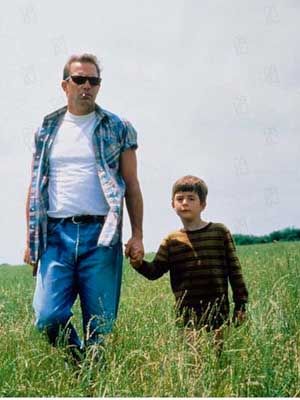
A Perfect World (1993)
Eastwood sat in the director's chair again, and he took a supporting role in this on-the-road drama. Your Kevin Costner tolerance level might affect your enjoyment of this 60s-set movie, but it carries themes that anyone familiar with Eastwood's oeuvre will recognise.
Costner is an escaped convict who befriends the young boy he has kidnapped on route to the Texas border, while Eastwood is the Ranger tracking him down. Another example of Eastwood's pensive approach to classical filmmaking.
American Legend? The filmic equivalent of a slice of apple pie.
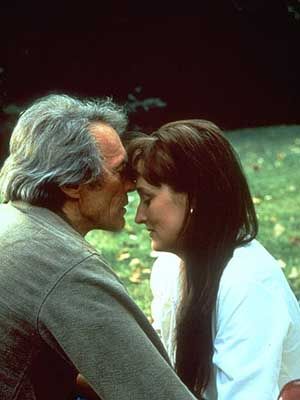
The Bridges of Madison County (1995)
Clint Eastwood showed his sensitive side when he pulled directing and starring double duty on this romantic drama.
Eastwood found the same success with this adaptation of Robert James Waller's weepie novel, as he had with his westerns and thrillers, to the delight of critics and audiences alike.
He and Meryl Streep starred at the lovers who have a clandestine affair over the course of just a few days one summer..
American Legend? This one didn't do the actor-director's rep any harm.
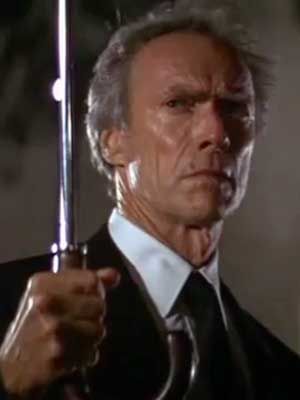
Absolute Power (1997)
Directing from a William Goldman script, Eastwood stretches credibility by taking the action man lead role himself.
Burglar Luther Whitney (Eastwood) spots the US president (Gene Hackman) engaging in some post-marital rumpy-pumpy and a spot of murder, before being framed for the crime himself. This thriller zips along, though you may find yourself occasionally laughing in disbelief.
American Legend? Unlikely to be remembered among his best action roles.
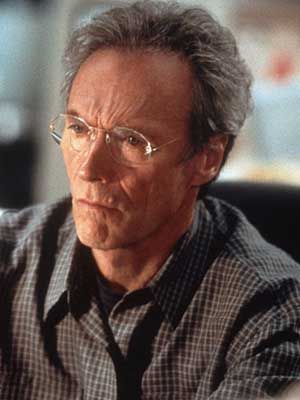
True Crime (1999)
Eastwood was on similarly unconvincing turf in this worthy crime drama. The actor-director play a journalist who turns detective after interviewing a death row inmate (Isiah Washington) who's soon to be read his last rites.
The star is looking a little to old too be a crusading hero, and the story is littered with cliché. The strong supporting players (including the ever-reliable James Woods) offer momentary respite from the tedium.
American Legend? He's skating on thin ice here.
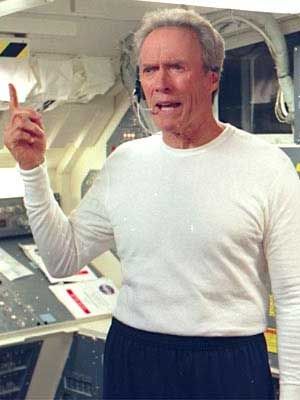
Space Cowboys (2000)
This is as formulaic as they come, but it just about makes it by on the strength of the craggy charms of its leads (only just, mind).
Eastwood heads up a wrinkled team of former pilots (Tommy Lee Jones, James Garner, Donald Sutherland) who are called upon to fix an antiquated space station.
Gentle charming laughs abound for the first two-thirds, before this turns into an OAP Armageddon.
American Legend? Highly American, not quite so legendary.

Blood Work (2002)
Clint's cinematic powers seemed to be waning somewhat at this point, as he starred in another iffy thriller under his own direction.
The only thing remotely realistic about this far-fetched thriller is Clint's wrinkled countenance. Former FBI man Terry McCaleb (Eastwood) has recently received a heart transplant, and his next case involves investigating the murder of the woman whose ticker he's now got beating in his chest.
American Legend? This is a far cry from the screen Clint we know, with the only saving grace being the fact he is acting his age.
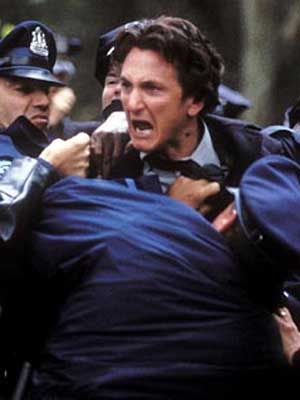
Mystic River (2003)
This was another turning point for Eastwood as a director: an unflinchingly dark thriller about how a girl's murder affects three childhood friends, this is worlds away from his recent dodgy crime efforts.
Eastwood stayed behind the camera, though he found time to co-produce and score the movie as well as directing.
Mystic River bagged a raft of Oscar noms, with Sean Penn and Tim Robbins handed gongs for their performances.
American Legend? He was back on top form with this stellar drama.
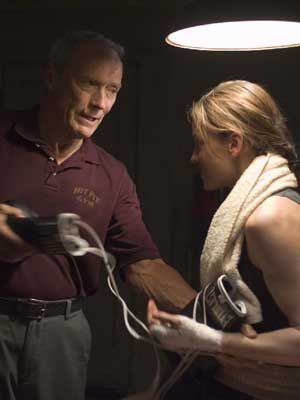
Million Dollar Baby (2004)
Clint's next drama further inducted him as an Academy darling, and he was still showing no signs of tiring: directing, producing, and scoring as well growling his way through a supporting role.
This isn't short on worthiness, but it's hard not to get swept up in the raw emotions that Clint puts up on screen. The performances hit as hard as the boxing scenes, and the movie bagged four Oscars (Picture, Director, Leading Actress, Supporting Actress) and much box-office moolah.
American Legend? Clint's status was secure even before he delivered this knockout punch.
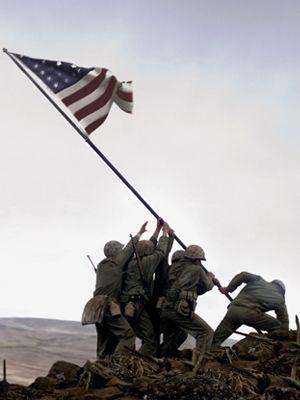
Flags of Our Fathers (2006)
At 76 years old, Eastwood's ambitions showed no signs of waning. Here, he helmed two large-scale WWII movies based around the battle for Iwo Jima,
Flags , telling the story of the famous photograh from the American perspective, was bogged down with a heavy-handed message, but sister movie Letters from Iwo Jima , fared better, with a more intimate, human approach to the horror of war.
American Legend? You know the answer to that by now.
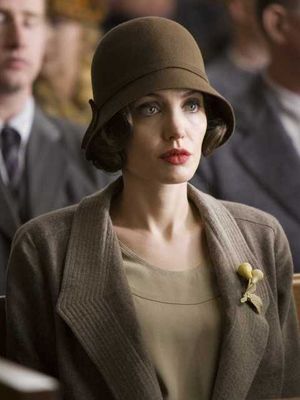
Changeling (2008)
Clint slipped so comfortably into the next stage of his directing career that we almost didn't notice it happen.
By now you simply knew what to expect from the director: worthy, award-baiting, BIG dramas, brimming with period details, and an emphasis on the human emotions that underscore major events.
Those who aren't fans of Eastwood's directing style are unlikely to be converted, but there's tons to appreciate here, not least Angelina Jolie's powerfully affecting performance as a distraught mother.
American Legend? He might as well have a seat set aside for him at the Oscars now...
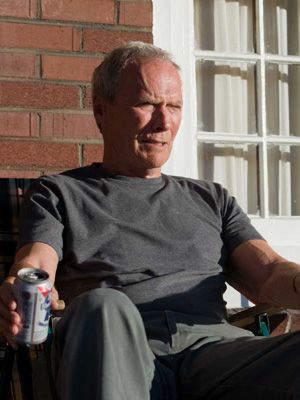
Gran Torino (2008)
Eastwood claimed that this would be his last film as an actor, and if that remains true it will be an impressive swansong to close his remarkable screen career.
The familiar themes and tropes in the movie feel older than the gnarled star, but it's Eastwood's performance that'll keep you gripped throughout, as Walt feels like the descendant of any number of Clint's iconic characters.
American Legend? A fitting bow for Eastwood's celebrated cinema persona.
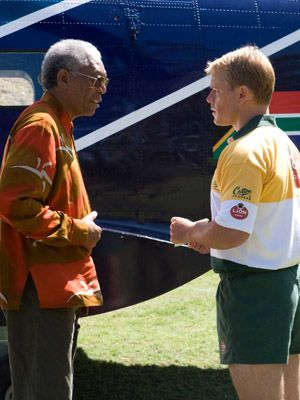
Invictus (2009)
Eastwood directed Morgan Freeman to an Oscar with Million Dollar Baby , and he draws another career-best performance from the actor in this politically-charged sports movie.
President Nelson Mandela (Freeman, in a role he was seemingly born for) attempts to unite his post-apartheid country through the power of rugby, and Sprinkboks captain François Pienaar (Matt Damon) is integral to his plan.
American Legend? No matter the setting, Eastwood always picks big stories and bold themes, helping him to become such a dominant presence in Hollywood cinema.
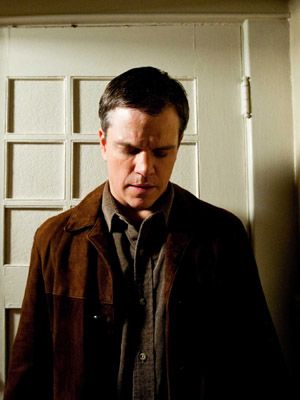
Hereafter (2010)
Clint Eastwood's latest directorial effort Hereafter hits cinemas this week. Invictus star Matt Damon teams with Clint again to play a guy who is troubled by his ability to communicate with the dead.
The film also follows journalist Marie who survives the 2004 tsunami in Thailand, and young boy Marcus, whose twin brother is killed in a car crash. Amid the character-based drama, Eastwood finds room for some huge SFX set-pieces.
And the prolific director has already got his next project lined up, with Leonardo DiCaprio and Naomi Watts set to star in J. Edgar , a biopic of FBI founder Hoover. Expect Oscars...

I'm the Editor at Total Film magazine, overseeing the running of the mag, and generally obsessing over all things Nolan, Kubrick and Pixar. Over the past decade I've worked in various roles for TF online and in print, including at 12DOVE, and you can often hear me nattering on the Inside Total Film podcast. Bucket-list-ticking career highlights have included reporting from the set of Tenet and Avengers: Infinity War, as well as covering Comic-Con, TIFF and the Sundance Film Festival.
